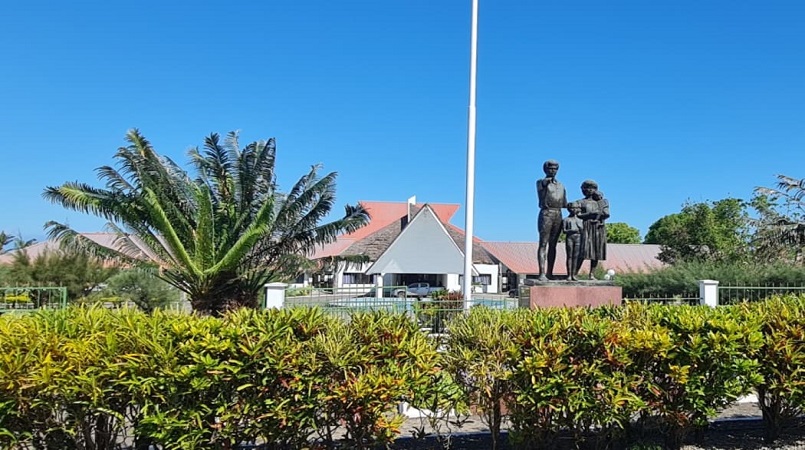
China has sent police experts and equipment to Vanuatu in the midst of a political crisis that saw the Supreme Court rule the prime minister lost a no-confidence vote in parliament.
Vanuatu, at the centre of a strategic rivalry between China and Western countries in the region, was plunged into a political crisis when opposition leader Bob Loughman lodged the no-confidence petition criticising Prime Minister Ishmael Kalsakau for signing a security pact with Australia.
Loughman, who drew Vanuatu closer to China as the previous prime minister, said the security pact with Australia compromised Vanuatu's "neutral" status and could jeopardise development assistance from China, its biggest external creditor.
Vanuatu's Supreme Court ruled on Friday that a no-confidence motion in Kalsakau was won by the opposition party last week, but has stayed action to remove him until Monday, to allow for an appeal.
China's embassy in Vanuatu, in a statement along with a photograph on its website, said China's "first batch of police experts" to assist Vanuatu had arrived and handed over policing supplies, including uniforms and handcuffs, in a ceremony attended by Kalsakau and the China's ambassador, Li Minggang, on Friday.
The Chinese police experts "will greatly enhance the ability of the Vanuatu police to maintain social order", Kalsakau said, according to the Chinese embassy statement.
Police cooperation will improve police capacity and promote social and economic development, Li said, in comments reported by the Vanuatu Daily Post newspaper.
Vanuatu's police force said in a statement on Saturday that it had "good working relations with all partners - Australia, New Zealand and China".
The United States and its allies are seeking to dissuade Pacific Islands nations from establishing security ties with China, after it signed security and policing pacts with the Solomon Islands.
The leaders of Vanuatu, Solomon Islands, Papua New Guinea and Fiji met in Vanuatu on Thursday and signed a joint declaration on security that has yet to be publicly released.
